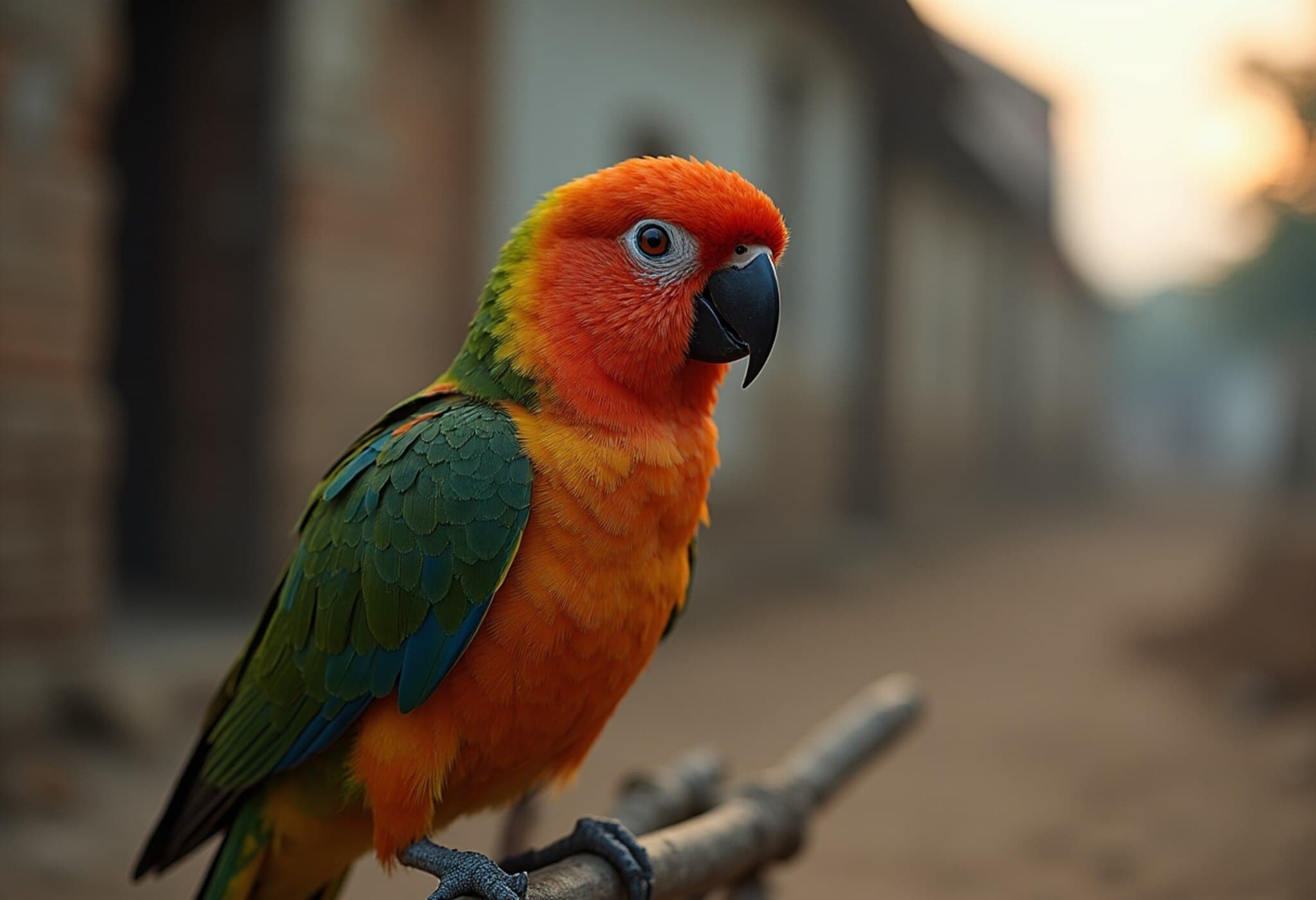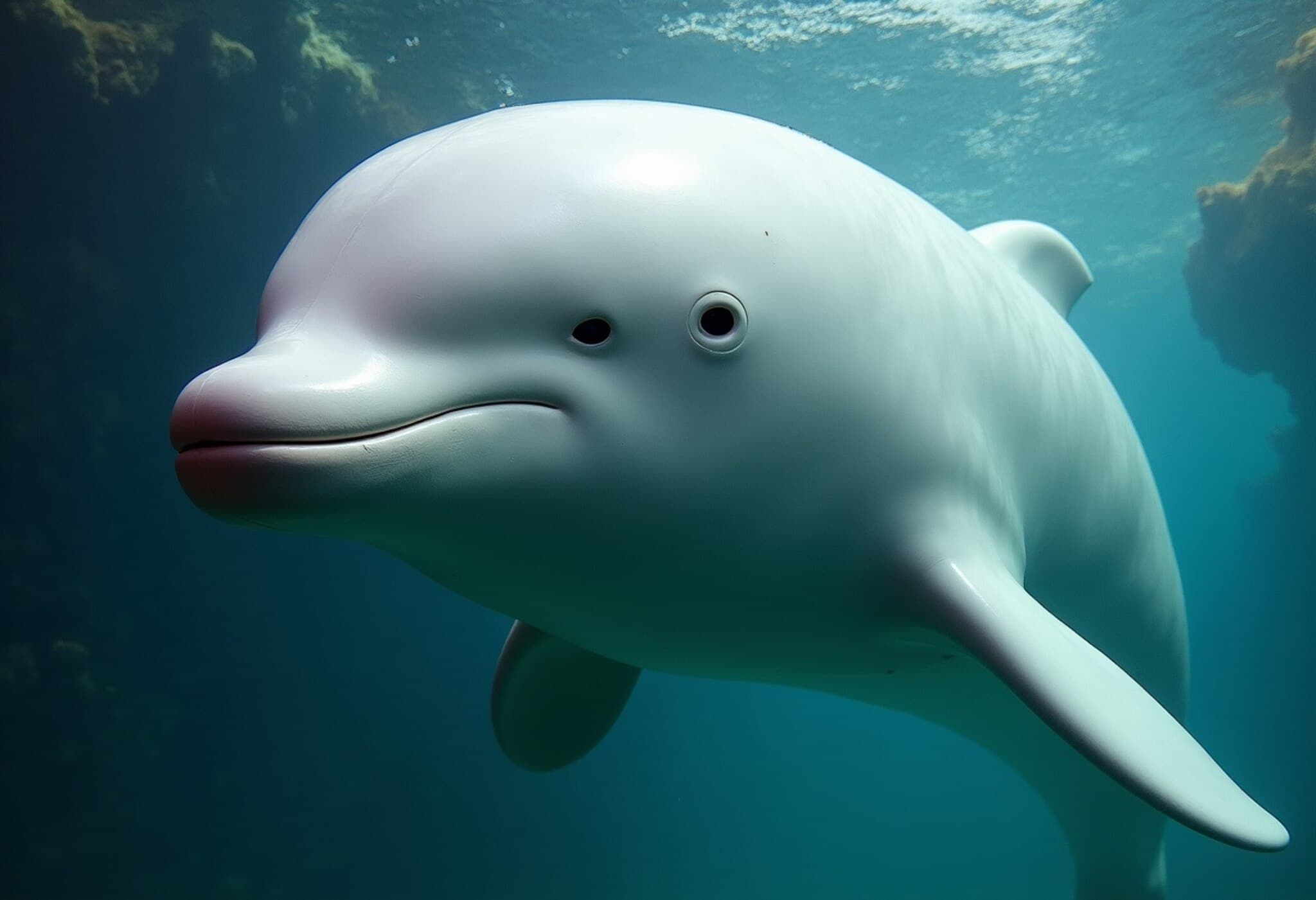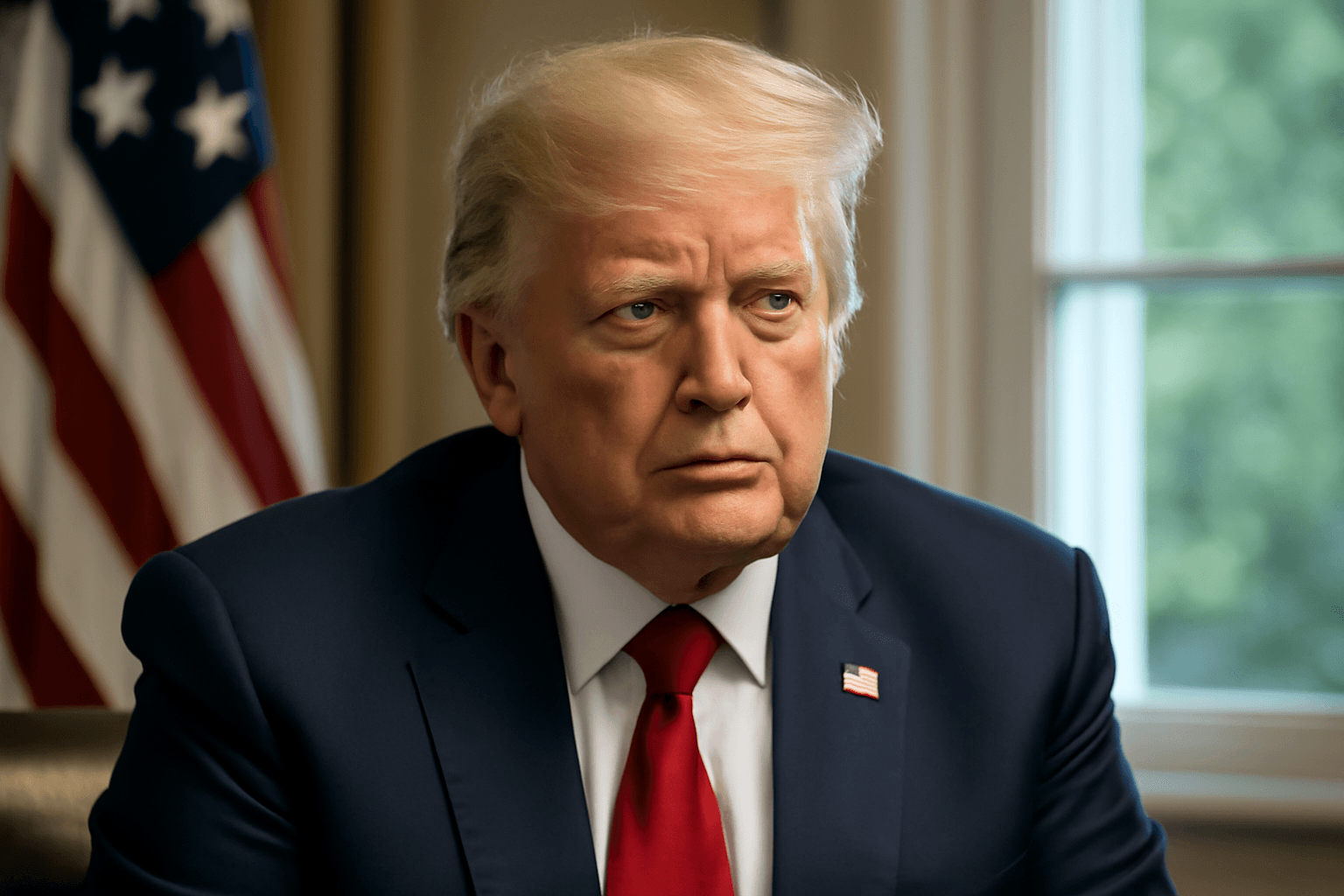Massive Bird Trafficking Bust at Lagos Airport Highlights Wildlife Crime in West Africa
In a significant crackdown on illegal wildlife trafficking, Nigerian customs officials at Lagos International Airport seized a shipment of more than 1,600 live birds destined for Kuwait. The haul, intercepted on July 31, 2025, included exotic species such as ring-necked parakeets and yellow-fronted canaries. Crucially, the cargo lacked the necessary CITES permits, exposing ongoing challenges in curbing illicit trade in endangered fauna.
The Scope and Risks of Wildlife Trafficking in Nigeria
Nigeria has emerged as a pivotal transit hub for the trafficking of wildlife and related products across Africa and beyond. Despite being a signatory to the Convention on International Trade in Endangered Species of Wild Fauna and Flora (CITES), enforcement remains a struggle. The illicit bird trade often fuels the exotic pet market, private collections, and industries demanding feathers or trophies — activities that pose grave threats to biodiversity.
According to the United Nations 2024 World Wildlife Report, birds like parrots, songbirds, and birds of prey are among the most trafficked species globally. Traffickers exploit regulatory loopholes and inadequate oversight, turning airports in regions like West Africa into conduits for trafficking.
Customs Response and Accountability Measures
Michael Awe, a senior customs controller at Lagos Airport, emphasized the vigilance of his team, stating, "No illegal shipment will slip through the cracks under my watch." The intercepted birds arrived without the mandatory CITES documentation, instantly alerting customs authorities. Following the seizure, investigations are ongoing to identify and prosecute those responsible for the illegal shipment.
Authorities plan to transfer the birds safely to Nigeria's National Parks Service, ensuring their welfare and potential rehabilitation. This action not only rescues the birds but also sends a strong message on Nigeria's commitment to combatting wildlife crime.
Regional and Global Implications
Wildlife trafficking is a multifaceted challenge that undercuts conservation efforts, threatens species survival, and often intertwines with organized crime networks. Nigeria’s strategic geographical position makes it both a critical front line and vulnerable to exploitation by traffickers. Enhanced customs training, better inter-agency cooperation, and regional intelligence sharing are vital steps to dismantle these illicit trade routes.
From a U.S. perspective, tackling transnational wildlife trafficking aligns with broader national security and environmental policies. The illegal wildlife trade has been linked internationally to funds supporting organized crime and terrorism. Strengthening global partnerships around CITES enforcement and capacity building in transit countries like Nigeria is paramount.
Why This Matters
- Conservation impact: The removal of large numbers of wild birds disrupts ecosystems and can accelerate species decline.
- Legal enforcement: Demonstrates the importance of rigorous customs checks and CITES compliance to protect endangered species.
- Wildlife welfare: Many trafficked birds suffer high mortality rates due to poor captivity conditions during transport.
- Transnational crime fight: Wildlife trafficking is often a cover for larger criminal enterprises, making enforcement a security imperative.
Looking Ahead
While this seizure marks a noteworthy victory, it shines a light on the persistent challenges in safeguarding wildlife against trafficking pressures. Addressing these requires sustained investment in monitoring technology, public awareness campaigns to reduce demand for exotic pets, and robust legal frameworks backed by international cooperation.
Editor's Note
This large-scale interception at Lagos Airport is more than a law enforcement success; it’s a clear call to action. Trafficking networks are sophisticated and adaptive, requiring equally dynamic, cross-border responses. Conservation efforts cannot succeed in isolation — they must be backed by the rule of law, community engagement, and international solidarity. Readers are encouraged to consider how global consumer choices and regional policy support can help break the chain of wildlife trafficking.











